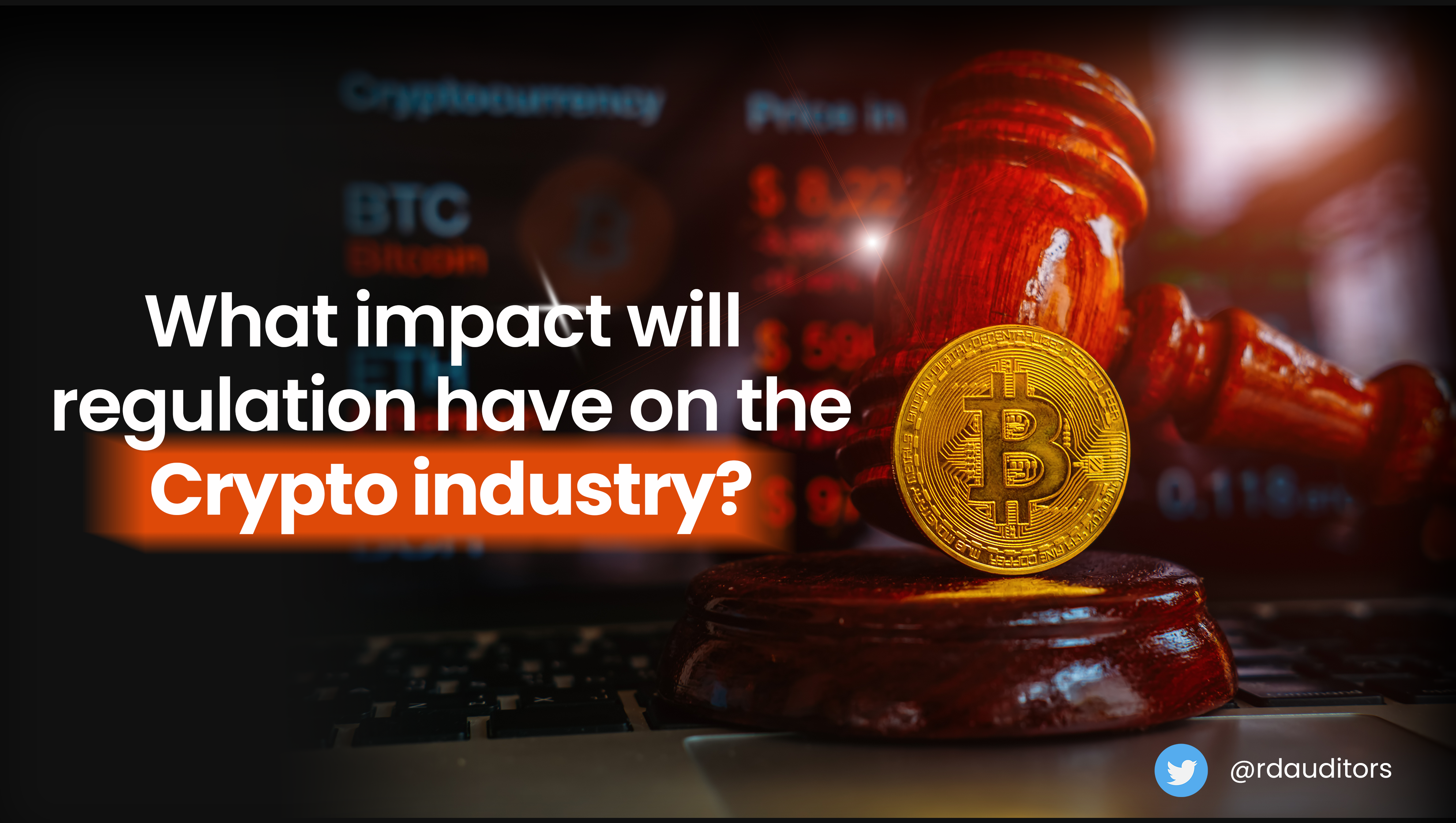Impact of Regulations on Crypto Industry: A two-sided story.

On April 14, 2021, Gary Gensler was appointed as chairman of the Securities and Exchange Commission. Soon after the news, the smoke of anxiety spread among mass crypto investors that stringent regulations would hurt trading volumes & stifle innovation. Moreover, industry influencers would move to countries where there is no or less jurisdiction.
However, those fears are unfounded. Regulations move away bad actors and ensure more trust and safety which in turn would help it grow. Now let’s take a closer look at how regulations can benefit the crypto industry in the long run.

Regulation makes virtual assets easy to categorize
Crypto-friendly banks and financial institutions are still on the lower side–ambiguous regulations and legal uncertainty are among the primary reasons. A clearer regulatory guidance can prompt financial institutions to shed light on gray areas and classify assets according to their legal status.
Regulation ensures an accurate valuation
Bitcoin’s parabolic climb back in 2017 created a mess in the market and many investors experienced huge losses due to market manipulation, scams and over-valuation.
A regulated marketplace creates a more level playing field for crypto investors. All cryptocurrencies will be subject to supply & demand economic principal. A bigger investor pool will ensure stable liquidity, growth will be organic by following proper business fundamentals.
Regulations transform cryptocurrency from speculative to usable assets
The lack of regulations is limiting the use cases of most cryptocurrencies. Undoubtedly, large corporations are skeptical to implement virtual assets into their operations. Regulation will make cryptocurrency more usable. The good news is millennial users have a higher threshold for risk and are more interested in crypto investment. A survey in 2019 showed that millennial’s increasingly prefer Bitcoin over traditional investment options. A guided regulation inspires them more.
Regulation creates more secure asset ownership
Actionable regulations facilitate a control layer for virtual asset custodians and owners. Virtual Asset Service Providers (VASPs) now have the ability to deter suspicious transaction requests as well as freeze irregular transmittals. Scammers know that even if their crimes are successful, they will still leave a trail that makes it easier for the law enforcement team to catch them. Veteran investors, as well as new entrants, will not be tempted by unusual bull run i.e., the 2017 Bitcoin bull run and, in the process, end up losing money.
Regulation increases the efficiency of virtual asset trading
When the crypto market is regulated, it ensures compliant virtual asset transmittals. VASPs users can skip the time-consuming and cumbersome process of KYC registration every time they open an account. In lieu of that, a virtual asset profile backed by users’ real identities can be created.
At the same time, traders will be willing to invest a bigger amount in cryptocurrency as stable market condition, improved security & fiat-backed stable coins create a sense of protection among them.
However, there is a proportion of people, especially existing investors, projects developers in this space and thought leaders who would disagree with the above points.
Let’s shed some lights on the other side of the coin!
Regulation goes against the spirit of cryptocurrency
Cryptocurrency was invented to remove intermediaries from financial transactions. This is like the main culture of crypto individuals using their money with no one watching over their shoulders. Simply put, regulation flies in the face of this idea.
Low-cost fund-raising option is challenged
The decentralized nature of blockchain technology disrupts the traditional finance industry to a great extent. Here, start-up cost is much lower due to the absence of centralized networks and easier fundraising models. Cryptocurrency companies can raise money fast because they don’t need to abide by strict security laws. Strict crypto regulations will put a constraint in all these.
Regulation could stifle innovation
There are cause for skepticism of strict regulatory policies and something which could potentially stifle innovation. Crypto-friendly SEC Commissioner Hester Peirce mentioned that pursuing stricter regulatory policies eliminates the ability of market participants to carry out peer-to-peer transactions. Rather than implementing government regulations, Peirce advocates for industry-led regulatory activities.
In Summary
If we want to see the crypto industry as a sustainable investment platform, it is paramount that a significant portion of the global population has access to and faith in it. Virtual assets should be an easy-to-use, secure, cost effective and value-add.
For that level of mass adoption, regulation is essential. At the same time, the nature of the new regulation shouldn’t hamper the fate of legitimate projects. Meaning regulations don’t have to be so strict that it acts as a death knell of the crypto industry.
Rather, sensible regulations should be adopted gradually with enough breathing space for all types of investors & stakeholders.

